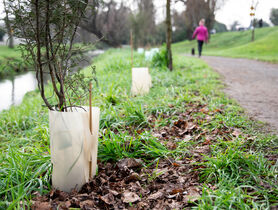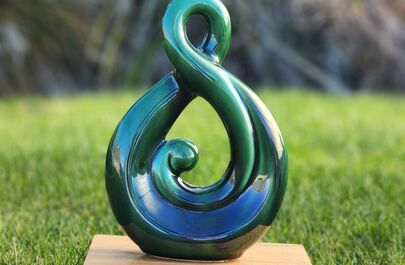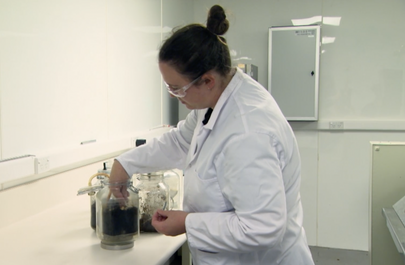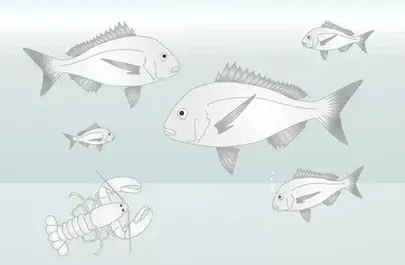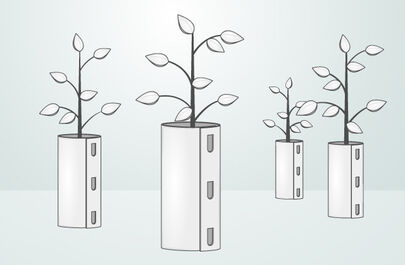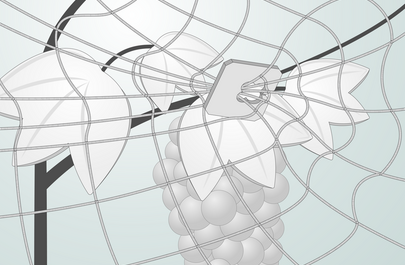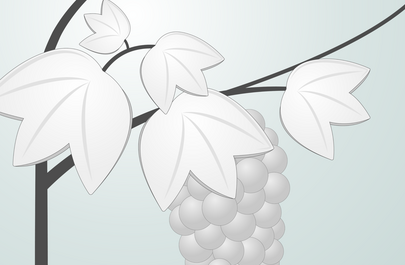
Our scientists and R&D team work with nature to create versatile, bio-based and biodegradable products using waste natural by-products that allow them to be absorbed and metabolised by living organisms. With a range of products now available for the horticulture, viticulture and aquaculture industries, PolyNatural® is leading the way to a more sustainable future.
PolyNatural® products are manufactured in Christchurch, New Zealand.
Learn more about PolyNatural®
Click on the tile to learn more
Want to get in touch with the PolyNatural® team?
If you have any questions regrading PolyNatural®, please feel free to contact us.

